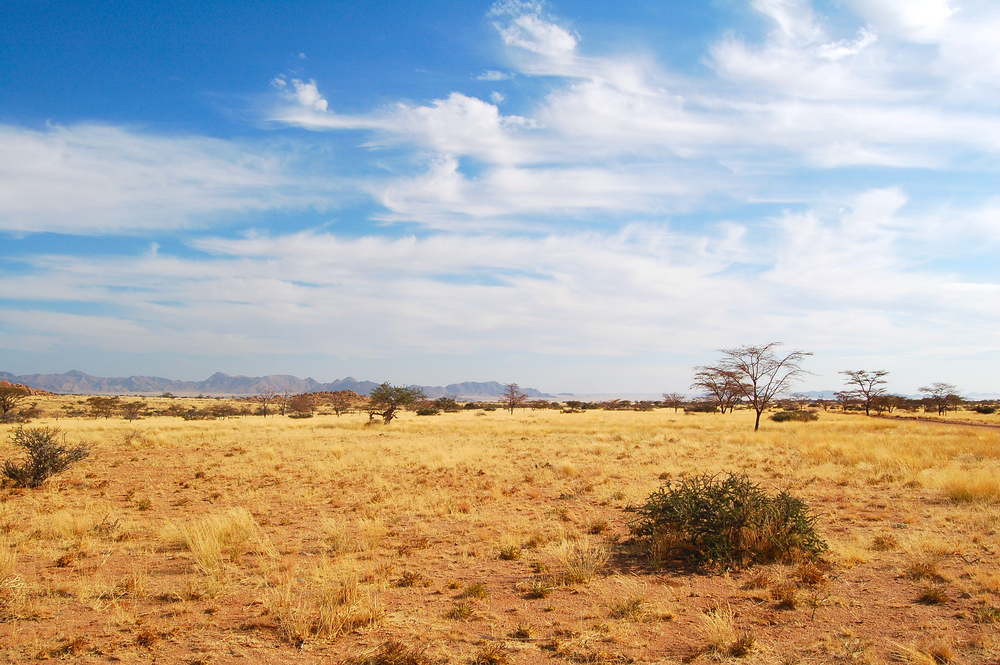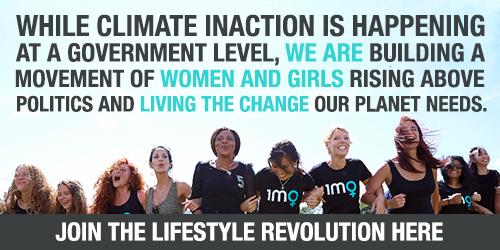Are you familiar with the term tipping points? You've probably heard this phrase in the media as coverage of the climate emergency increases day by day. In the world of climate science, the concept of tipping points is well established, but outside of this world it's not so well known. Terms and studies on the climate crisis are very complex and if you want to fight global warming, you'll need to get nerdy! After all, knowledge is power.
Tipping points occur when a small change can lead to significant - potentially irreversible - shifts in a system as a whole. These changes can be positive, like when generating power from renewables becomes cheaper than using coal, or negative, like the loss of an ice-sheet. Climate tipping points are all around us and so are the warning signs from nature; extreme cold, extreme heat, droughts, floods, and so on.
To help understand tipping points, imagine a wine glass tipping over. It goes from the state of being full to empty. After the wine glass tipping point has been passed, its transition into a new state quickly occurs. Like the emptying of the wine glass, tipping points can often lead to the sudden collapse of a system and most of the time, they are irreversible - just like spilling the wine. No matter how hard you try, standing up the wine glass will not put the wine back into it.

Why do we need to identify tipping points?
Tipping points occur in a wide variety of marine and coastal ecosystems across the globe. These ecosystem shifts can have large impacts on the social and economic systems that rely upon them. Identifying tipping points can help us to formulate climate actions that lead to positive tipping points, neutralising the negative ones.
Building awareness and knowledge are the first steps to empower individuals and sectors to take climate action. Governments can provide legislation and financial incentives and businesses can reduce the carbon footprint of the goods and services they provide. We can also start creating change in our daily lives and help create a positive tipping point to a low carbon culture.
What tipping points do we need to watch out for?
According to a research published in the journal 'Proceedings of the National Academy of Sciences', human activity could push the planet over a number of tipping points that would cause global temperatures to rise even higher than they are now. A global average temperature rise of 2°C will trigger other climate systems to change and cause further warming. In that situation, temperature rise could reach 4 or 5°C above pre-industrial levels. If the planet reaches this threshold extreme weather events would become more frequent, drastically changing the world as we know it. Researchers refer to this scenario as "Hothouse Earth".
Our planet is already changing in ways that near tipping points. The lungs of our planet, the Amazon Rainforest, has faced droughts in 2005, 2010, 2015 and 2016. This is a crucial warning. The combination of global warming and deforestation could push the Amazon to a tipping point from which the system could never recover. In other words, a dieback process could likely to begin, either caused by drought or diseases, killing trees and other vegetation, turning the Amazon into a savannah.

[what the Amazon could end up looking like if it hits the tipping point - so we'd no longer have all those trees sucking up all the carbon]
Greenland and the Antarctic ice sheets are also in danger of hitting a tipping point. The melting of the polar ice caps is speeding up as the warming increases. These ice caps act as reflectors, sending some of the sun's rays back into space and cooling the planet. Because seawater reflects less sunlight than ice – and absorbs more heat – disappearing sea ice consequently triggers further warming and more ice-sheet melt, creating a domino-effect.
It's not all bad news. As we are in a race against time to keep warming within 1.5 °C, the world's economic, social and financial systems are experiencing a significant shift. We are about to hit another tipping point, but this time, a positive one. The low carbon revolution has already started. More and more people are taking to the streets to express their concern about climate, especially younger generations. Renewable energy is on the rise and companies are committing to renewables. All over the world, people are switching to vegetarian, vegan and flexitarian diets. Big food companies are also investing in plant-based products that have a smaller carbon footprint. These are points that can trigger sudden change in individuals and in collective systems.
By Vanessa Rademaker
Vanessa Rademaker is a climate change professional and freelance journalist based in The Netherlands. Writing and sharing knowledge about environment issues is for her the best way to empower people to tackle climate change.

